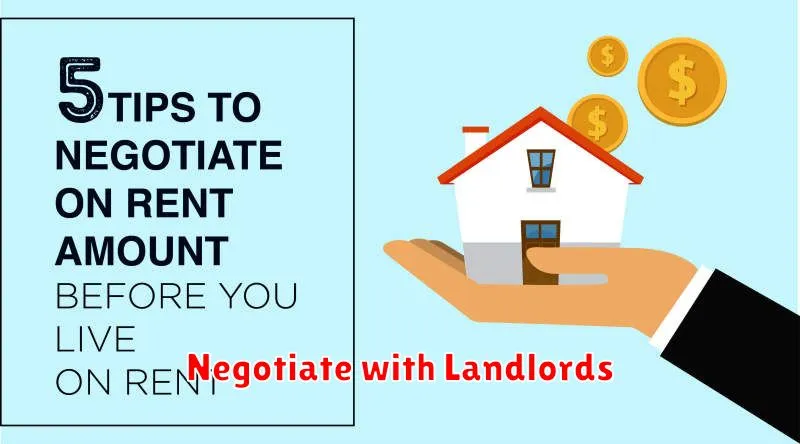Rent is often the largest monthly expense for many individuals and families. Finding smart ways to save money on rent can significantly impact your personal finances, freeing up funds for other essential expenses or long-term savings goals. This article explores proven strategies to reduce rent costs without compromising your living standards. From negotiating with landlords and considering renter-friendly neighborhoods to understanding your lease agreement and exploring housing assistance programs, we’ll provide practical tips to help you keep more money in your pocket.
Whether you’re a current renter looking to lower your monthly payments or planning to move and seeking affordable housing options, implementing these money-saving tips can make a significant difference. Learn how to negotiate rent, find cost-effective rentals, and understand the factors impacting rental prices. Discover valuable strategies for saving money on rent and gaining greater control over your housing budget.
Negotiate with Landlords

Don’t be afraid to negotiate with your landlord. Many renters assume rent is fixed, but there’s often room for discussion, especially in a competitive market or if you’re a desirable tenant.
Research comparable properties in your area to understand the going rate for similar units. This information provides leverage during negotiations.
Highlight your strengths as a tenant. A strong credit score, stable income, and a history of responsible tenancy make you a valuable asset. Offer to sign a longer lease in exchange for a lower monthly rent.
Consider negotiating for specific amenities or improvements rather than a lower base rent. Perhaps the landlord could cover parking fees, upgrade appliances, or provide a fresh coat of paint. These perks can add up to significant savings.
Look for Roommates
One of the most effective ways to reduce your rental expenses is to share your living space. Finding roommates allows you to split the cost of rent, utilities, and sometimes even groceries. This can lead to substantial savings, especially in expensive rental markets.
When searching for roommates, consider factors like compatibility, lifestyle, and financial stability. A compatible roommate can contribute to a positive living environment, while financial stability ensures they can reliably pay their share of the expenses.
Utilize online platforms and your social networks to find potential roommates. Be clear about your expectations and requirements upfront to ensure a good fit. It is advisable to have a written roommate agreement that outlines responsibilities and expectations to avoid misunderstandings later on.
Consider Off-Season Rentals
In many vacation destinations, rental prices fluctuate significantly depending on the time of year. Off-season rentals can offer substantial savings compared to peak season.
For example, beachfront properties might be considerably cheaper during the fall or winter months. While the weather might not be ideal for swimming, you can still enjoy the tranquility and lower prices. This can be a particularly appealing option for remote workers or retirees who have more flexibility in their schedules.
Research the specific area you’re interested in to determine the off-season and the typical price difference. Be aware that some amenities or services might be limited during the off-season, so factor that into your decision.
Choose a Smaller Unit

One of the most effective ways to lower your rent is to choose a smaller living space. A studio or one-bedroom apartment typically commands a lower monthly rent than a larger two- or three-bedroom unit. Downsizing can lead to significant savings over the course of a year.
Consider whether you truly need the extra space. If you live alone or with one other person, a smaller unit can be perfectly adequate and significantly more affordable. Think critically about how you use your current space and if you can comfortably adapt to a smaller footprint.
Before making a decision, carefully evaluate the trade-offs. A smaller unit means less storage and potentially less privacy. Weigh these factors against the potential cost savings to determine if downsizing is the right choice for your financial goals and lifestyle.
Explore Government Assistance Programs
Government assistance programs can provide valuable support for renters struggling to afford housing costs. These programs can vary widely depending on your location, income level, and household size. It’s essential to research and understand what’s available in your area.
Common types of rental assistance include:
- Section 8 Housing Choice Voucher Program: This program helps low-income families, the elderly, and people with disabilities pay for rent in the private market.
- Public Housing: This program offers affordable rental units managed by local housing authorities.
- State and Local Programs: Many states and local governments offer additional rental assistance programs, so it’s vital to check with your local housing agencies.
Eligibility requirements often involve income limits and background checks. Contact your local housing authority or social services agency to learn more about specific programs and their application processes. Be prepared to provide documentation such as proof of income, household size, and identification.

